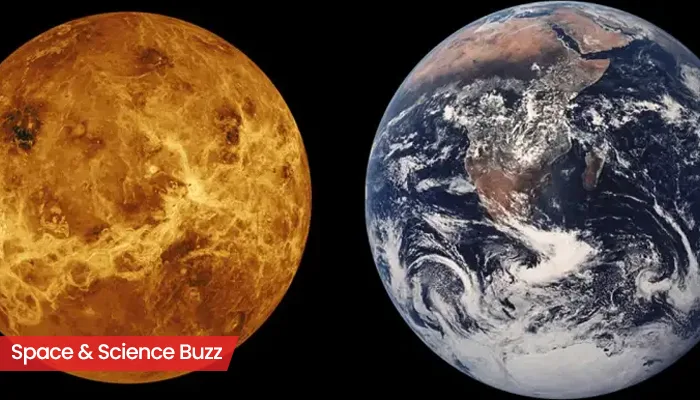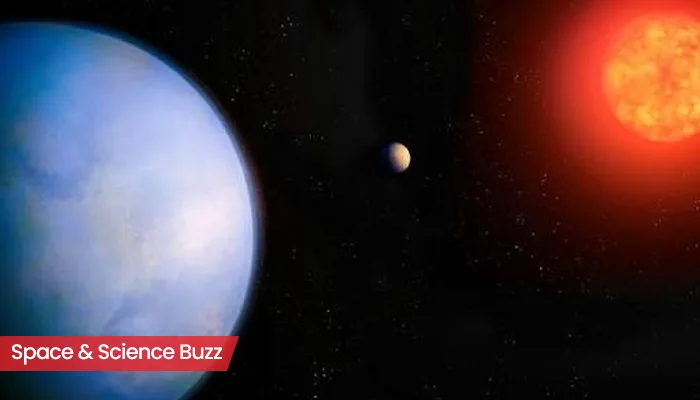.webp)
Here are today’s most important updates from the realm of Science and Space.
A 60-Year Cosmic Puzzle Cracked? Black Holes Might Be the Missing Piece
The universe is full of different types of radiation and particles that can be observed here on Earth. This includes photons across the entire range of the electromagnetic spectrum, from the lowest radio frequencies all the way to the highest-energy gamma rays. It also includes other particles such as neutrinos and cosmic rays, which race through the universe at close to the speed of light. Curiously, "cosmic rays" are not actually rays - this name has historical reasons - but small particles, mostly atomic nuclei, which are accelerated to enormous energies somewhere in the universe.
Streetlights Go Smart: Now They Can Charge Your Car Too!

A Penn State research team found that streetlights could double as affordable EV charging stations. After installing 23 units in Kansas City, they discovered these chargers were faster, cheaper, and more eco-friendly than traditional stations. Their AI-based framework also prioritized equity and scalability, making it adaptable for cities across the country. The researchers found that streetlight charging stations, compared to traditional EV charging stations, were more cost- and time-effective, had fewer negative environmental impacts, and were more convenient and accessible.
Mining the Ocean’s Floor Could Wipe Out 30 Shark Species, Experts Warn

Several species of sharks and other marine creatures' extinction risks could rise significantly due to deep-sea mining, says a new study. The new study led by researchers at the University of Hawaii, and published in a journal named Current Biology, raised alarming concerns about the risk of extinction faced by around 30 different species. The risk arises from numerous marine habitats where deep-sea mining is slated to take place in the near future, endangering the regions. According to the study, almost two-thirds of the species assessed are already under threat by human activities like overfishing. Climate change poses a major threat too. The researchers of the study urged regulators and planners of deep-sea mining projects to take into account the risks posed to vulnerable organisms.
Science Says: It’s Not Just Junk Food Making You Overeat

Researchers from Leeds found that overeating is driven more by what people believe about food than by its actual ingredients or level of processing. Foods perceived as fatty, sweet, or highly processed were more likely to trigger indulgence. Surprisingly, the “ultra-processed” label explained almost none of the difference in overeating behavior. The findings suggest that perception and psychology may be more important than packaging or processing. Some findings were expected: people liked foods they ate often, and calorie-dense foods were more likely to lead to overeating. But the more surprising insight came from the role of beliefs and perceptions. Nutrient content mattered - people rated high-fat, high-carb foods as more enjoyable, and low-fiber, high-calorie foods as more "bingeable." But what people believed about the food also mattered, a lot. Perceiving a food as sweet, fatty or highly processed increased the likelihood of overeating, regardless of its actual nutritional content. Foods believed to be bitter or high in fiber had the opposite effect.

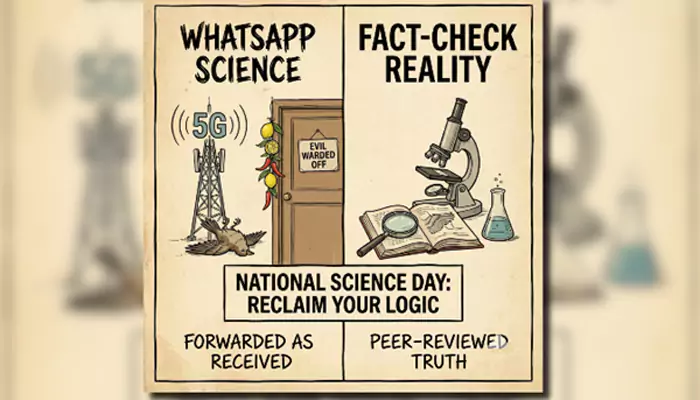
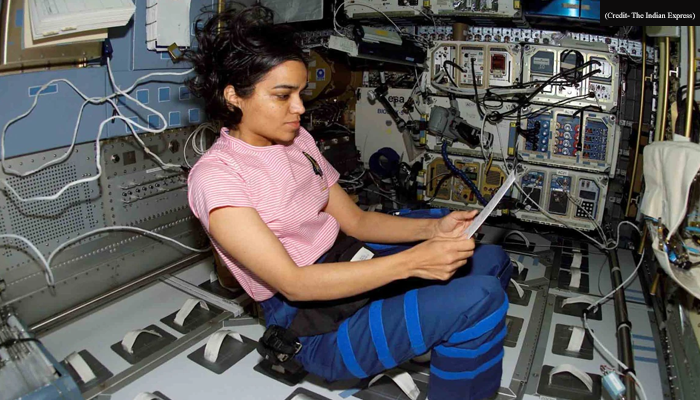

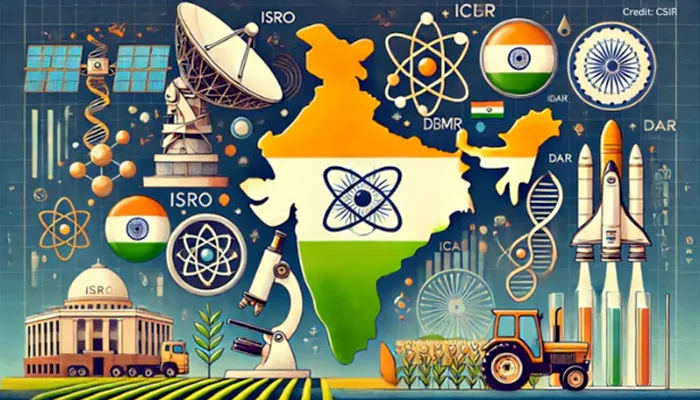

.webp)
.WEBP)
.WEBP)
.webp)
.webp)
